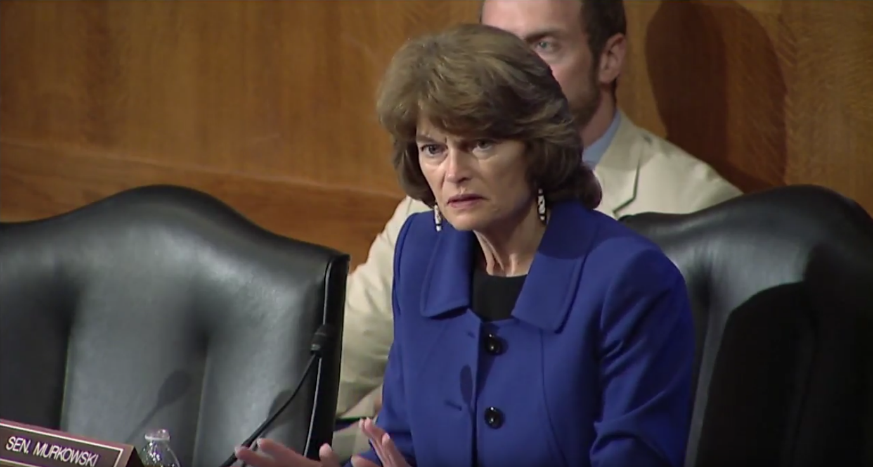Murkowski: Addressing Healthcare Workforce Shortages
Rural Areas, Behavioral Health Sectors in Dire Need
As Alaska grapples with a consistent lack of trained professionals in various healthcare sectors, U.S. Senator Lisa Murkowski (R-AK) today participated in a Health, Education, Labor, and Pensions (HELP) Committee hearing to address healthcare workforce shortages and ways to improve care.
The hearing featured witnesses Dr. Kristen H. Goodell, Assistant Dean of Admissions and Assistant Professor of Family Medicine at the Boston University School of Medicine, Dr. Julie Sanford, Director of the School of Nursing at James Madison University, and Dr. Elizabeth A. Phelan, Associate Professor of Medicine and Adjunct Associate Professor of Health Services at the University of Washington.
“As we work to ensure people have access to care, part of that problem lies around whether or not we have the trained medical staff to provide that care. Just weeks ago in Anchorage I sat down with a group of physicians and providers from around the state to discuss these very issues, including workforce barriers and the concern that it’s extremely difficult for a state like Alaska to support residency programs,” said Senator Murkowski, in asking the witness to describe programs that allow for residencies in more rural areas.
“I think that the state of Alaska is a perfect example of where the Teaching Healthcare Center Program can make a major impact. You’ve got one big university hospital and it’s in the big city – the problem is most the people that live there, many of the people that live in Alaska are much more widely spread,” said Dr. Goodell. “The Teaching Healthcare Center Program is a separately funded program that locates residencies not in the big university setting, but has them primarily spending their time in community health centers. So when residents go there for training they spend at least 3 years there, they really get a feel for the community and build a connection with their patients, and especially in primary care. That’s why we do it so that we can get connected with our patients. So having residents have the potential to make a connection with the community and their patients over time vastly increases the likelihood that they’ll actually stay practicing there.”
Senator Murkowski also addressed the lack of providers to address Alaska’s aging population.
“In Alaska we again are a place of extremes – we’re a long ways away, we don’t have a medical school, we have the most rapidly aging population per capita in the country right now, and we’re not ready for it. We don’t have providers that are willing to take new Medicare eligible individuals. The way it’s referenced around the state is, when you hit 65, you’re given the bus ticket but there’s never a bus that will show up because we don’t have providers.”









